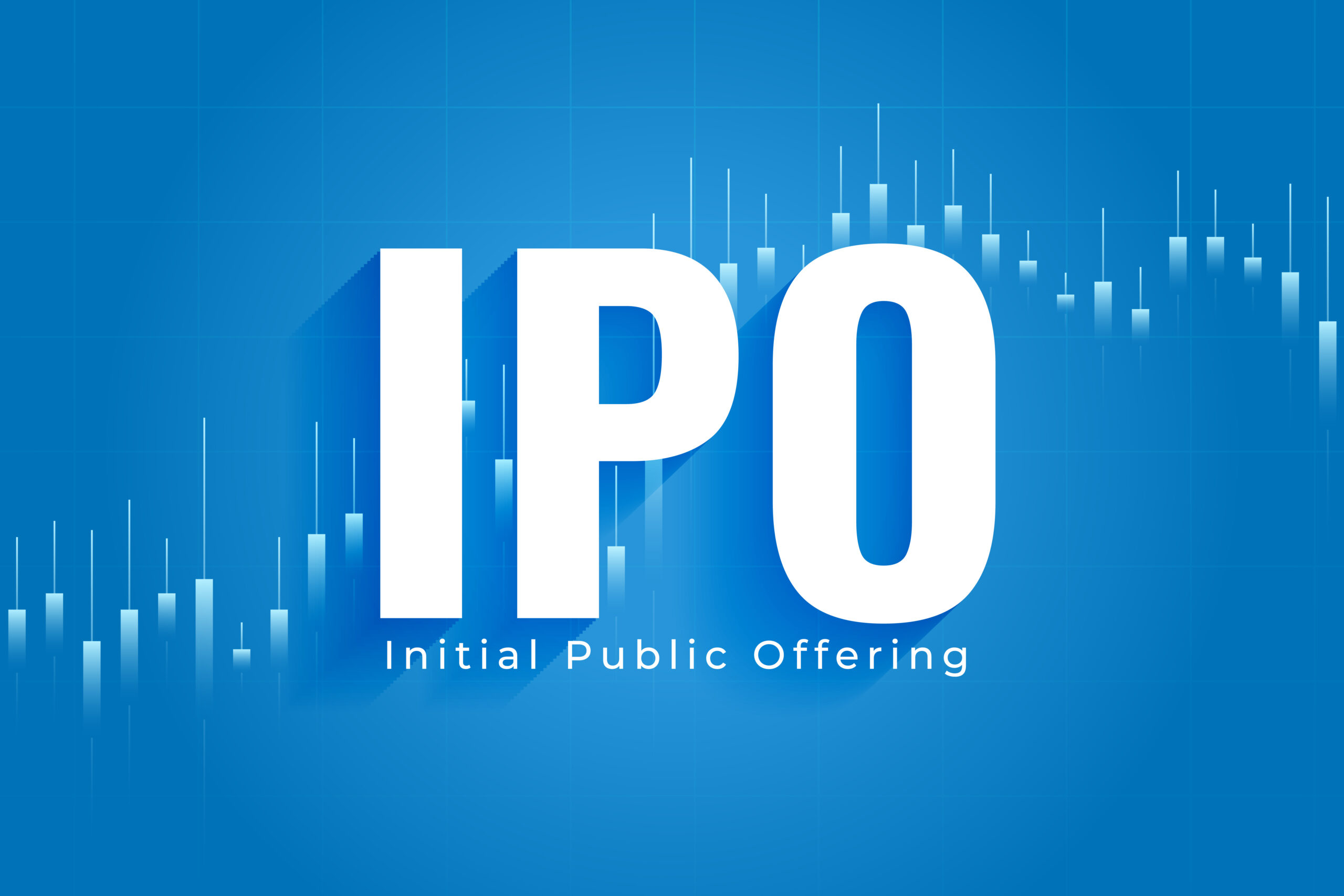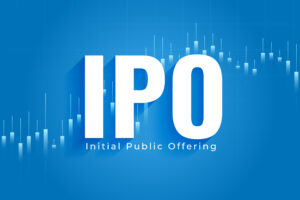Hyundai’s upcoming IPO is a significant event in the automotive and stock market industry, creating a buzz among investors, analysts, and market enthusiasts. The South Korean automaker, known for its innovation and growth, is now looking to expand its reach through a public offering. This article provides an in-depth analysis of the Hyundai IPO, its implications for investors, and the future of the company in the global market.
What is an IPO?
An Initial Public Offering (IPO) is the process through which a private company offers its shares to the public for the first time. By going public, companies aim to raise capital to fund expansion, reduce debt, or invest in new technologies. In Hyundai’s case, the IPO is a strategic move to bolster its position in the global automotive industry.
Why is Hyundai Going Public?
1. Expansion and Technological Advancements
Hyundai has been aggressively investing in new technologies, including electric vehicles (EVs), autonomous driving, and sustainable energy solutions. The company plans to use the capital raised through the IPO to enhance its R&D capabilities and accelerate the development of EVs and autonomous vehicle technologies.
2. Global Market Penetration
Hyundai’s goal is to strengthen its presence in global markets, especially in North America and Europe, where the demand for EVs is increasing. The IPO will provide Hyundai with the financial resources to expand its manufacturing facilities and build a more extensive distribution network to reach more customers worldwide.
3. Reducing Debt and Enhancing Financial Flexibility
Another reason for the IPO is to reduce Hyundai’s existing debt and enhance its financial flexibility. By going public, Hyundai can use the proceeds to pay off debt, improve its balance sheet, and create more room for future investments and acquisitions.
Key Details of the Hyundai IPO
1. IPO Date and Offering Size
The Hyundai IPO is expected to launch in the [insert expected date]. The company aims to raise approximately [insert amount] through this offering. Hyundai’s shares will be listed on the Korea Exchange (KRX), and international investors can also participate through global depositary receipts (GDRs).
2. Stock Price Range
Hyundai has set the price range for its IPO shares between [insert price range]. Analysts expect high demand for the shares due to Hyundai’s strong market position and the growing interest in automotive stocks, particularly in the EV sector.
3. Underwriters and Financial Advisors
Hyundai has enlisted top investment banks, including [insert names of banks], as the underwriters for the IPO. These institutions will be responsible for determining the final stock price and distributing the shares among retail and institutional investors.
Hyundai’s Market Position and Growth Potential
1. Strength in the Automotive Industry
Hyundai is one of the leading automakers globally, known for its high-quality vehicles and competitive pricing. The company has a diversified product portfolio that includes sedans, SUVs, trucks, and a rapidly expanding range of electric vehicles. This strong market position makes Hyundai an attractive option for investors looking for exposure to the automotive industry.
2. Focus on Electric Vehicles (EVs)
As the world shifts towards sustainability, Hyundai has positioned itself as a key player in the EV market. The company’s lineup includes models such as the Hyundai Kona Electric and the Hyundai Ioniq, which have received positive reviews for their performance, range, and affordability. The proceeds from the IPO will likely be used to further develop and expand Hyundai’s EV portfolio, aiming to compete with industry leaders like Tesla and Rivian.
3. International Expansion Strategy
Hyundai’s strategy to penetrate international markets, particularly in North America and Europe, is another factor that could drive growth post-IPO. The company has been investing in local manufacturing facilities and forming partnerships with technology firms to stay ahead in the competitive automotive landscape.
Risks Associated with the Hyundai IPO
While the Hyundai IPO presents significant opportunities, investors should also consider the potential risks associated with it.
1. Market Volatility
Global stock markets have been experiencing high volatility, influenced by geopolitical tensions, economic uncertainties, and changes in interest rates. Investors must understand that the Hyundai IPO could be affected by these external factors, which may result in fluctuations in the stock price.
2. Competition in the EV Market
The electric vehicle market is highly competitive, with several companies like Tesla, Nio, and Rivian leading the race. Hyundai needs to continuously innovate and offer superior products to maintain its market share and attract new customers. The capital from the IPO is crucial for Hyundai to invest in these innovations, but there is no guarantee that it will succeed in outperforming its competitors.
3. Regulatory and Environmental Challenges
As an automaker, Hyundai faces stringent regulatory requirements regarding emissions and sustainability. With governments around the world implementing stricter environmental policies, Hyundai must ensure that its vehicles comply with these standards. Failure to do so could result in legal challenges and fines, impacting the company’s financial performance.
How to Invest in the Hyundai IPO
1. Through Domestic Exchanges
Investors in South Korea can purchase Hyundai’s IPO shares directly through the Korea Exchange (KRX). It’s essential to have a brokerage account registered in South Korea to participate in the domestic offering.
2. Global Depositary Receipts (GDRs)
For international investors, Hyundai will offer GDRs, which can be traded on global exchanges. GDRs allow foreign investors to access Hyundai shares without needing to go through the South Korean market directly. Investors should consult their financial advisors to understand the best way to participate in the IPO based on their geographical location and financial goals.
3. Pre-IPO and Institutional Investment Opportunities
Institutional investors and qualified individuals may have the opportunity to invest in Hyundai through pre-IPO rounds or institutional offerings. These opportunities often come with a higher minimum investment threshold but may offer discounted share prices before the official IPO date.
Conclusion: Is Hyundai’s IPO a Good Investment Opportunity?
Hyundai’s IPO presents a significant investment opportunity for those looking to capitalize on the growth potential of the automotive and EV sectors. The company’s established market presence, ongoing technological advancements, and international expansion plans make it a strong contender for long-term growth. However, potential investors should carefully evaluate the associated risks, including market volatility, competition, and regulatory challenges.
Final Thoughts for Investors
To make an informed decision, investors are advised to conduct thorough research, consult financial advisors, and closely monitor Hyundai’s business developments leading up to the IPO. With the right strategy, investing in Hyundai’s IPO could be a lucrative opportunity in the evolving automotive landscape.
IF YOU WANT MORE ARTICL THEN CLICK HERE












104 thoughts on “Hyundai IPO: A Comprehensive Analysis and What Investors Need to Know”
купить аккаунт birzha-akkauntov-online.ru/
магазин аккаунтов https://marketplace-akkauntov-top.ru/
покупка аккаунтов услуги по продаже аккаунтов
маркетплейс аккаунтов магазин аккаунтов
продать аккаунт маркетплейс аккаунтов соцсетей
гарантия при продаже аккаунтов магазин аккаунтов социальных сетей
маркетплейс аккаунтов заработок на аккаунтах
Online Account Store Account exchange
Buy and Sell Accounts Sell accounts
Guaranteed Accounts socialaccountsmarket2025.com
Buy and Sell Accounts Secure Account Purchasing Platform
Account Selling Service Buy Pre-made Account
Sell Account Accounts for Sale
Profitable Account Sales Account Catalog
Secure Account Purchasing Platform Account Buying Platform
Buy accounts Account Buying Service
Account Selling Platform Sell Account
buy and sell accounts account marketplace
gaming account marketplace secure account purchasing platform
accounts for sale account market
profitable account sales find accounts for sale
website for buying accounts account buying platform
account exchange service account store
account buying service sell accounts
purchase ready-made accounts account selling platform
account trading platform account market
sell accounts purchase ready-made accounts
buy and sell accounts website for buying accounts
sell accounts account trading platform
sell pre-made account marketplace for ready-made accounts
account purchase secure account purchasing platform
account trading account selling service
account trading account trading service
account selling service profitable account sales
account trading https://best-social-accounts.org/
account selling service account acquisition
account marketplace secure account purchasing platform
online account store account trading
account store database of accounts for sale
website for selling accounts account buying service
account acquisition account market
account buying platform profitable account sales
account marketplace top-social-accounts.org
social media account marketplace https://shop-social-accounts.org
sell pre-made account https://accounts-offer.org/
account trading platform buy accounts
sell account https://social-accounts-marketplaces.live
secure account purchasing platform https://accounts-marketplace.live
secure account sales https://social-accounts-marketplace.xyz
accounts marketplace account marketplace
accounts market https://buy-accounts-shop.pro
sell account https://buy-accounts.live
gaming account marketplace https://accounts-marketplace.online
website for buying accounts https://accounts-marketplace-best.pro
покупка аккаунтов https://akkaunty-na-prodazhu.pro
купить аккаунт https://rynok-akkauntov.top/
маркетплейс аккаунтов kupit-akkaunt.xyz
маркетплейс аккаунтов https://akkaunt-magazin.online
продажа аккаунтов https://akkaunty-market.live
маркетплейс аккаунтов купить аккаунт
биржа аккаунтов https://akkaunty-optom.live/
продать аккаунт online-akkaunty-magazin.xyz
биржа аккаунтов https://akkaunty-dlya-prodazhi.pro/
маркетплейс аккаунтов соцсетей https://kupit-akkaunt.online/
buy aged fb account cheap facebook advertising account
facebook accounts for sale buy facebook ad account
buy account facebook ads https://buy-ad-account.top
buy facebook account for ads https://buy-ads-account.click
buy facebook accounts for ads facebook ads account for sale
buy facebook accounts buy account facebook ads
buy facebook accounts for ads https://ad-account-for-sale.top/
Этот информативный текст выделяется своими захватывающими аспектами, которые делают сложные темы доступными и понятными. Мы стремимся предложить читателям глубину знаний вместе с разнообразием интересных фактов. Откройте новые горизонты и развивайте свои способности познавать мир!
Ознакомиться с деталями – https://medalkoblog.ru/
buy fb ads account https://buy-ad-account.click
buy facebook account https://ad-accounts-for-sale.work
buy google ads threshold accounts https://buy-ads-account.top/
google ads account for sale buy google ads account
fb account for sale cheap facebook account
buy google ads threshold account https://ads-account-for-sale.top
google ads accounts for sale buy verified google ads accounts
buy google ad account google ads reseller
buy old google ads account https://buy-account-ads.work
buy google ads verified account buy aged google ads account
buy google ad account https://sell-ads-account.click
buy google ad threshold account https://ads-agency-account-buy.click
buy facebook business manager buy-business-manager.org
buy google ads account https://buy-verified-ads-account.work
business manager for sale buy-bm-account.org
buy facebook bm buy-verified-business-manager-account.org
buy verified facebook buy-verified-business-manager.org
facebook bm account buy business manager
verified facebook business manager for sale business-manager-for-sale.org
buy verified facebook https://buy-business-manager-verified.org/
buy facebook business manager accounts https://buy-bm.org/
buy verified bm facebook https://buy-business-manager-accounts.org
buy business manager facebook verified-business-manager-for-sale.org
buy tiktok ads account https://buy-tiktok-ads-account.org
buy tiktok business account https://tiktok-ads-account-buy.org
tiktok ads agency account https://tiktok-ads-account-for-sale.org
tiktok ads account for sale https://tiktok-agency-account-for-sale.org
buy tiktok ads https://buy-tiktok-ad-account.org
buy tiktok ad account https://buy-tiktok-ads-accounts.org
tiktok ads agency account https://tiktok-ads-agency-account.org
buy tiktok ad account https://buy-tiktok-business-account.org
buy tiktok ads https://buy-tiktok-ads.org